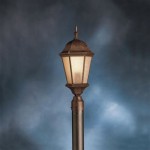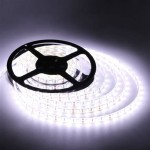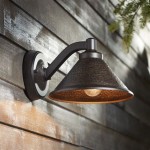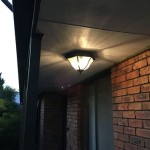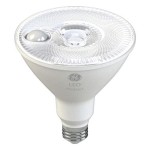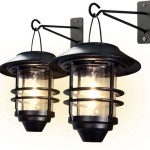How to Master the Art of Outdoor Lighting
Outdoor lighting transforms outdoor spaces, providing safety, enhancing aesthetics, and extending the enjoyment of evenings. Mastering the art of outdoor lighting requires careful planning and attention to specific aspects. Here's a comprehensive guide to help you illuminate your outdoor haven effectively and stylishly.
1. Determine Purpose and Zones
Identify the primary purpose of your outdoor lighting. Is it for safety, ambiance, or both? Divide your outdoor space into different zones, such as walkways, patios, and seating areas. Each zone may require a different type and intensity of lighting.
2. Choose Lighting Fixtures
Select lighting fixtures that complement the architectural style of your home and the ambiance you want to create. Consider factors such as design, material, durability, and weather resistance. Opt for fixtures that cast light downwards or create soft, diffused illumination.
3. Plan Layouts and Placement
Plan the layout of your outdoor lights strategically. Use a combination of ground lights, path lights, and spotlights to create depth and interest. Place lights along walkways to ensure safe navigation, illuminate architectural features, and highlight focal points.
4. Control Brightness and Color Temperature
Choose lights with adjustable brightness to control the intensity of illumination. Use warm color temperatures for cozy and inviting spaces and cool color temperatures for dramatic effects. Experiment with different color temperatures to create ambiance and highlight specific features.
5. Consider Energy Efficiency
Opt for energy-efficient LED lights to reduce energy consumption and save on electricity bills. LED lights also provide longer lifespans, reducing the need for frequent replacements.
6. Use Motion Sensors
Install motion sensors around entryways, walkways, and other areas that require additional security. These sensors automatically turn on lights when motion is detected, providing a deterrent to intruders while enhancing safety.
7. Create Layers of Lighting
Create layers of lighting by combining ambient, task, and accent lighting. Ambient lighting provides overall illumination, task lighting focuses on specific areas, and accent lighting highlights focal points. Combining these layers creates depth and interest in your outdoor space.
8. Embrace Creative Lighting
Don't be afraid to experiment with creative lighting techniques. Use uplighting to create dramatic effects on walls and trees, install string lights for a whimsical atmosphere, or incorporate solar-powered lights to add a touch of sustainability.
Conclusion
Mastering outdoor lighting is not simply about illuminating your space but transforming it into an extension of your living area. By carefully considering the purpose, choosing the right fixtures, planning the layout, controlling brightness, and adding creative touches, you can create an outdoor haven that is both functional and aesthetically pleasing. Embrace the art of outdoor lighting and enjoy your evenings in a beautifully illuminated outdoor space.

28 Backyard Lighting Ideas How To Hang Outdoor String Lights

How To Hang Patio Lights
The 7 Best Ways To Light Up Your Backyard Sansbury Electric
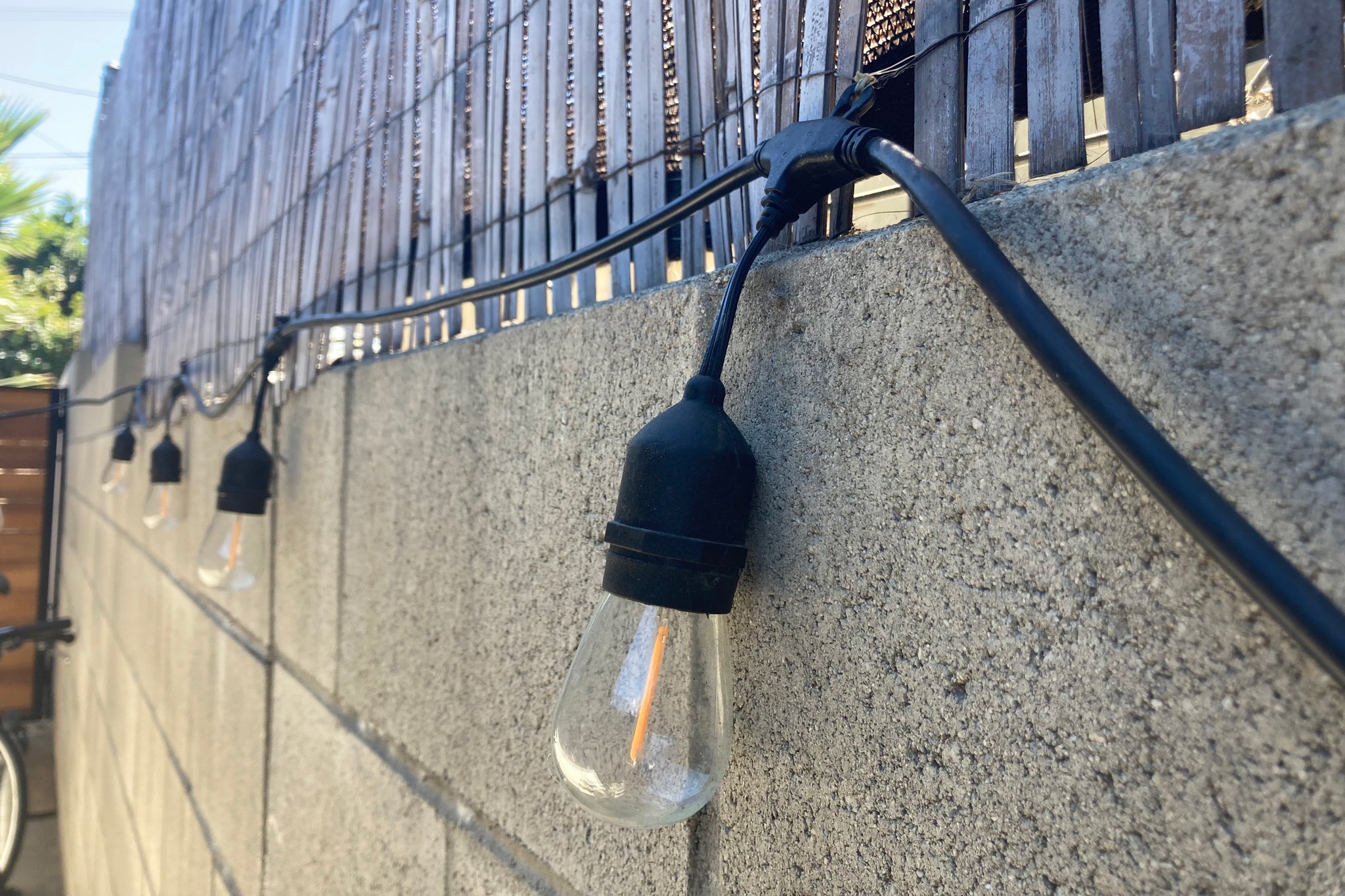
How To Hang Outdoor String Lights And Make Them Look Good Wirecutter

3 Ways To Use Outdoor Party Lights You Didn T Think Was Possible

Light Backyard Outdoor Lighting Installation Ashburn Va

3 Ways To Use Outdoor Party Lights You Didn T Think Was Possible

Outdoor Lighting Tips For Year Round Enjoyment And Improved Security The Seattle Times

10 Ways To Use Led String Lights For Magical Patios And Special Events

4 Ways To Use Uplights Outdoor Lighting Rensen House Of Lights
Related Posts
